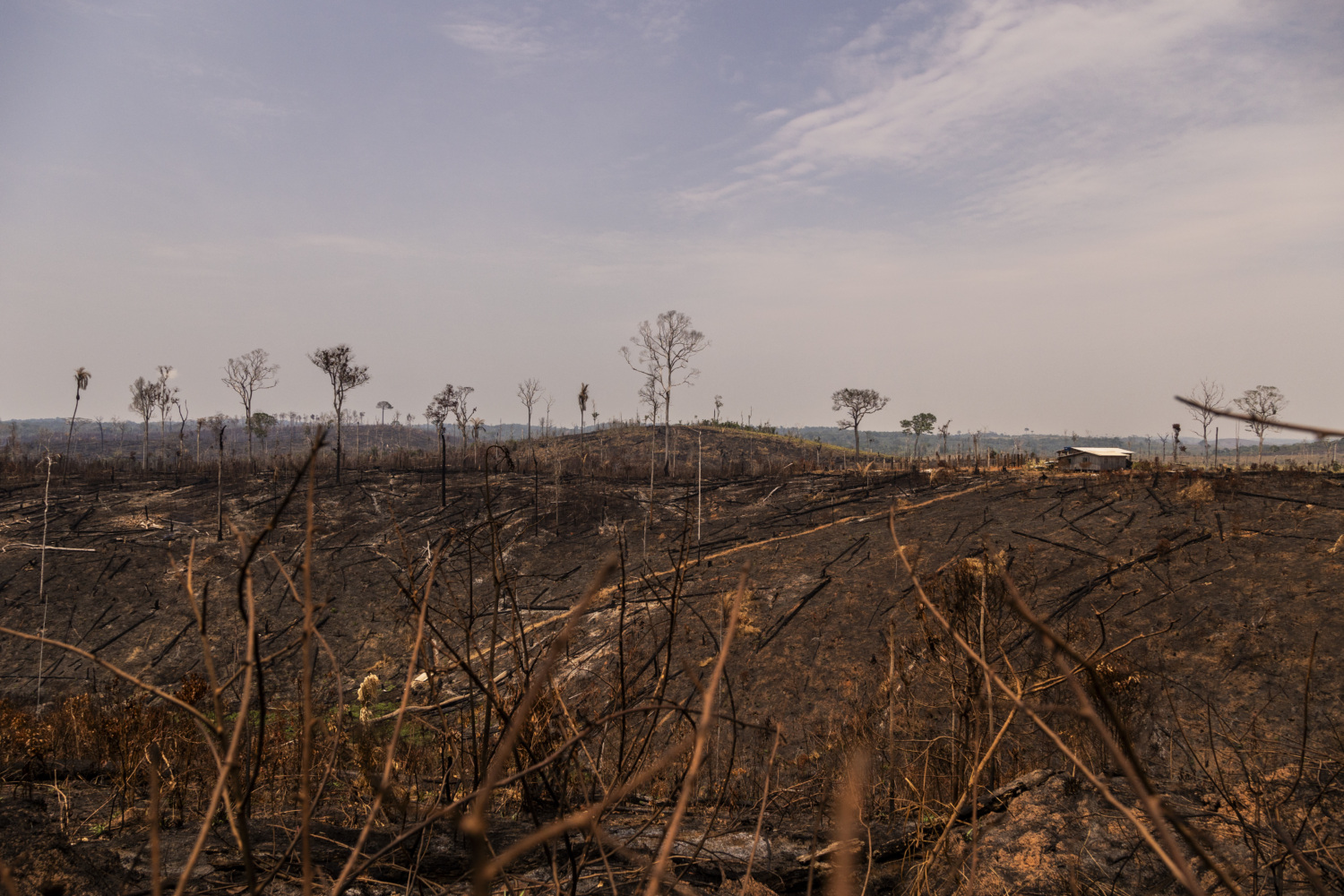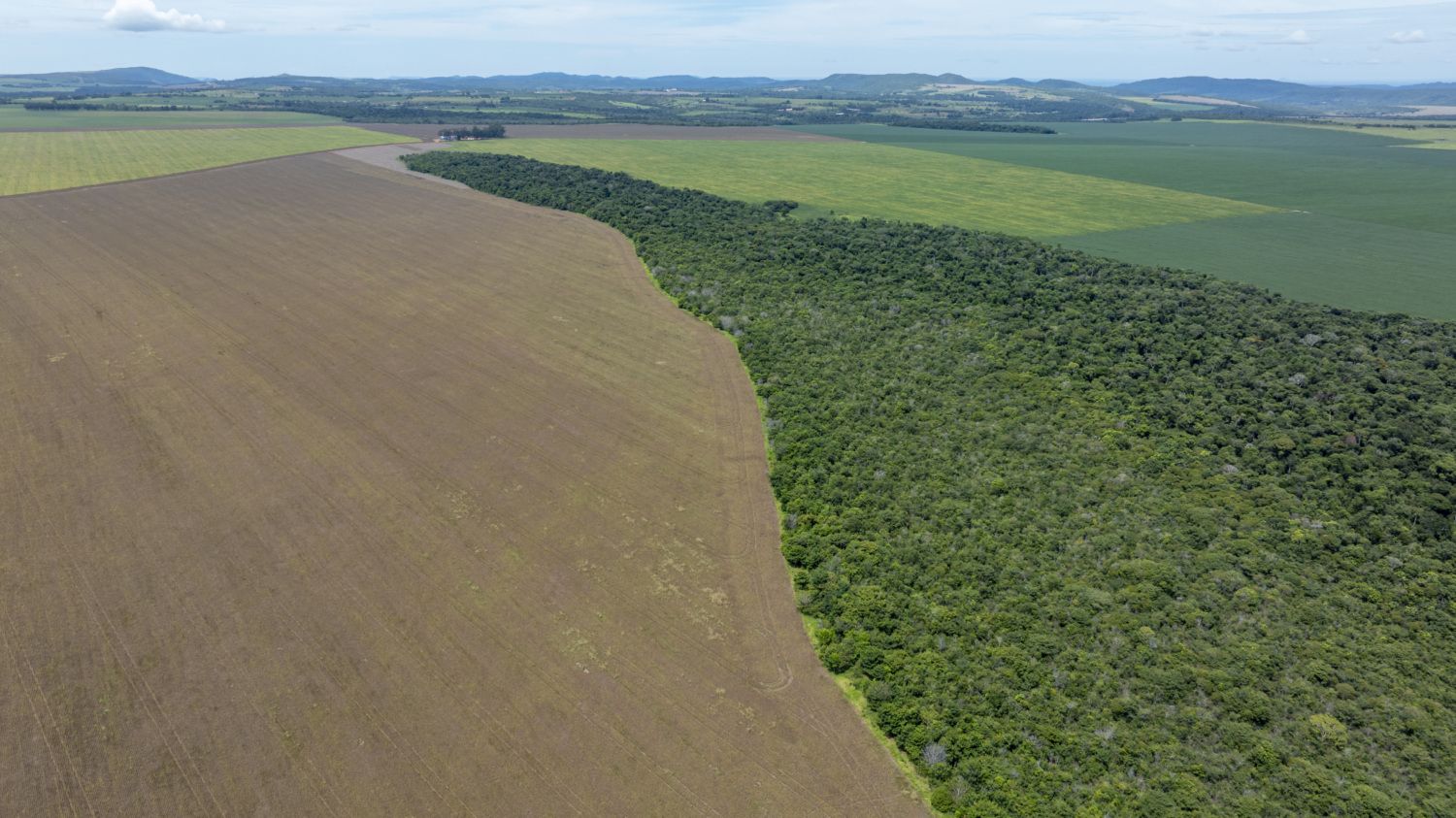
To-Do List for New Tyson CEO: Fulfill Sustainability Commitments
Stepping in as the new CEO of one of the world’s largest meat companies, Noel White will be faced with executing on Tyson’s widely applauded vision to become ‘the most sustainable protein company in the world.’ Mr. White has a decade-long tenure leading pork, poultry, beef, and international business growth at Tyson, which makes him well-positioned to execute on the commitments made by his visionary predecessor Tom Hayes to improve the company’s farming practices and environmental impact
“Under Tom Hayes, Tyson made bold and urgently needed commitments to position itself as a leader on sustainability in the industry,” noted Mighty Earth’s Campaign Director Lucia von Reusner. “The transition in leadership raises questions about Tyson’s future direction, but it is clear that the market is demanding more sustainable farming practices. Mr. White’s decade long experience within Tyson means he is well positioned to turn the company’s sustainability rhetoric into real action across the company’s global supply chain.”
Meat production has a larger environmental impact than almost any other human activity. Animal agriculture takes up 80 percent of the world’s agricultural land and 30 percent of global freshwater. This industry, which Tyson shaped and dominates around the world, is also responsible for 60 percent of global biodiversity loss and at least 15 percent of all greenhouse gas emissions.
In the United States, meat production is the leading source of water pollution, contaminating drinking water and causing a dead zone in the Gulf of Mexico that spans up to 8,000 square miles- the size of New Jersey– each year. Globally, the largest meat and dairy companies—including Tyson Foods— rank among the top contributors to greenhouse gas emissions, comparable to Exxon, Shell, and BP.
Mighty Earth is leading a nation-wide campaign that is calling on Tyson Foods to use its influence in the market to drive more sustainable agricultural practices for feed sourcing, manure management, and greenhouse gas emissions reductions throughout its supply chain. Tyson is facing pressure from shareholders, customers, local farming communities, and the public to adopt practices that reduce the company’s environmental impacts.
Responding to public demand for more sustainable food options, Tyson has announced several industry-leading commitments to reduce greenhouse gas emissions and improve farming practices for feed production, in addition to investing in cleaner meat products. However, so far these commitments have not included details on how they will be implemented or verified to ensure that Tyson’s supply chain actually becomes more sustainable.


